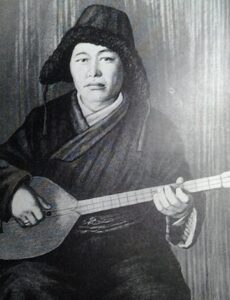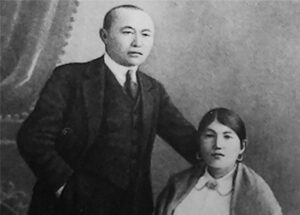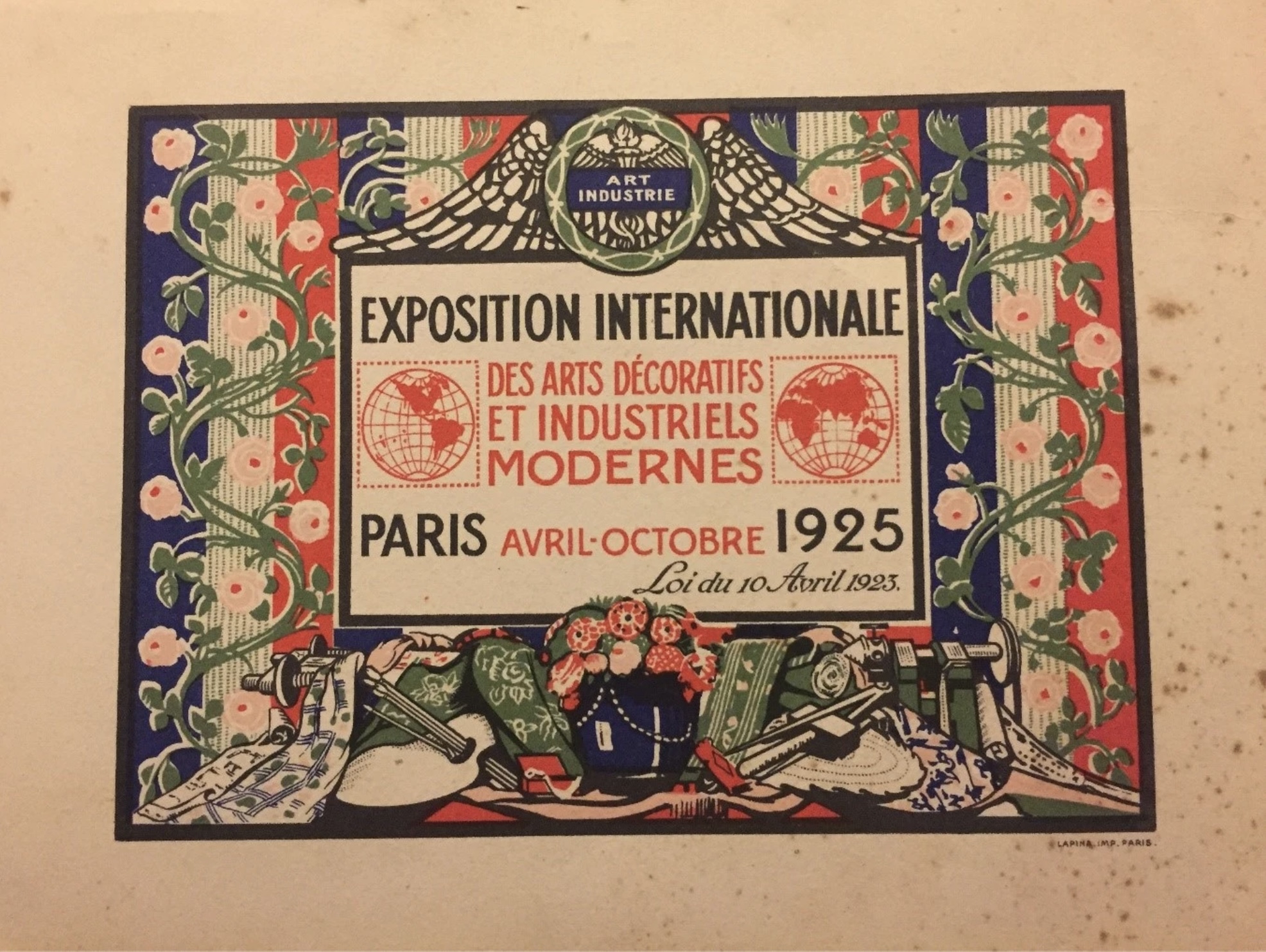ASTANA – Kazakhstan is celebrating the 135th anniversary of Amre Kashaubayev, a folk singer who captivated audiences in Europe by bringing his native dombra from a Kazakh village to the world stage at the Paris Expo in 1925.

Amre Kashaubayev. Photo credit: from various internet resources.
It is not only remarkable that an artist from a remote Kazakh village could introduce the European audience to national folk, but this also exemplifies how music and talent transcend borders.
Early life
Kashaubayev was born in 1888 in Kainar village, located in what is now the East Kazakhstan Region. Coming from a poor family, Kashaubayev did not receive formal music education but learned to sing from an early age, influenced by his parents, Toygan and Kashaubay, both of whom were musically inclined.
As a young man, he worked for a local affluent individual, Isabek, who would take him to weddings and festivals. It was here that Kashaubayev soon made a name for himself as a talented singer.
Kashaubayev underwent a musical transformation from 1921 to 1924 when he performed in the Es-Aymak (Es-Region) youth dramatic circle. Prominent writer Mukhtar Auezov was a regular attendee of the concerts and soon noticed Kashaubayev’s extraordinary talent.

Amre Kashaubayev with his wife Orazke, Kyzylorda, 1929. Photo credit: from various internet resources.
In 1924, Auezov was among the organizers of the first regional show of folk talents that brought together over 30 performers from various parts of Kazakhstan. The festival’s main prize was shared by Kashaubayev and Kali Baizhanov. Following this victory, Kashaubayev’s fame spread throughout Kazakhstan and eventually reached Moscow.
A year later, a telegram bearing the signature of the People’s Commissar of Education, Anatoly Lunacharsky, invited Kashaubayev to participate in an ethnographic concert that was scheduled as part of the World Exhibition of Decorative Arts in Paris.
Kashaubayev in Paris
History was made at the 1925 Paris Exposition of Decorative Arts when a young artist from Kazakhstan took the stage with a two-string dombra instrument. He was almost certainly the first Kazakh man to sing in his native language at a Paris exhibition, one of Europe’s many talent showcases at that time. Kashaubayev was one of only two artists representing Central Asia.

Paris exposition poster. Photo credit: artdecosociety.uk
The European audience witnessed an artist in his prime as he sang a medley of various Kazakh folk songs, such as “Balkadisha,” “Agash ayak” (Wooden Leg), “Kanapiya,” “Zhalgyz arsha” (Lonely Juniper), “Ush dos” (Three Friends). These songs effectively showcased his vocal range and demonstrated the versatility of the dombra.
He won the hearts of the Parisians with his extraordinary vocal talent. Paris newspapers enthusiastically covered his performance, and he gave a total of 11 concerts in the city.
It is said that upon hearing Kashaubayev’s voice for the first time, the French musicologist and Nobel Prize winner Romain Rolland said, “Now I understand why in the East singers are compared to nightingales.”
Kashaubayev’s seven songs were recorded on a phonograph in Paris. These recordings were long believed to be lost until 1974, when researcher and musicologist Zharkyn Shakarimov discovered them in a Moscow archive. The following year, the Melodiya record company released these recordings on vinyl.
Soviet ethnographer Aleksandr Zatayevich who collected Kazakh kuis (traditional Kazakh music) and songs, described Kashaubayev as an outstanding Karkaraly singer and, since the spring of 1925, a member of the group of the Kazakh State Theater. He praised his “beautiful, strong and juicy voice with a large reserve of breath.”
Kashaubayev and theater
Kashaubayev’s success in Paris transformed his life. Two years later, he was once again invited to participate in an international music exhibition in Frankfurt am Main, Germany. At the same time, from that point onward, Kashaubayev’s career became closely associated with theater.
In 1926, he joined the newly opened Kyzylorda Drama Theater, where he portrayed the character Zhapal in Auezov’s tragedy “Yenlik-Kebek.” In 1929, the theater relocated to the then-new capital of Alma-Ata, and Kashaubayev relocated with it. In 1933, he played a pivotal role in founding a musical studio based on the drama theater, which later became a musical theater. For the rest of his life, he was a singer-artist.
Kashaubayev died unexpectedly on Dec. 6, 1934, the day before his major premiere in the main role of Tolegen in the “Kyz Zhibek” (Girl Zhibek) opera with prima Kulyash Baiseitova.
The film “Amre” (“Paris Song”) was released in 2018, marking the artist’s 130th anniversary, starring prominent Kazakh actor Sanzhar Madi and actress Abbie Cornish.
“Balkadisha” performed by Kashaubayev.
